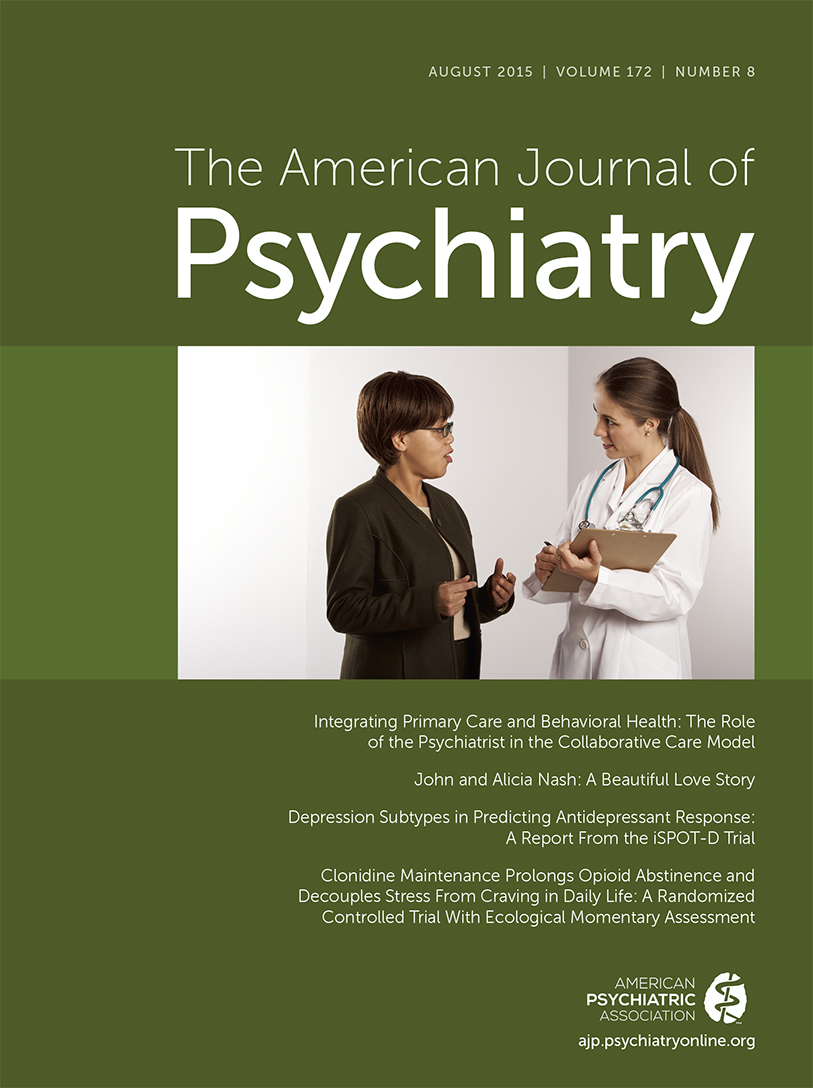Response to Buoli et al.
To the Editor: I would raise two points of concern in the interpretation of the interesting letter from Buoli et al. First, in comparing mothers and fathers of individuals with schizophrenia, it is often useful to remember that the fitness effects for schizophrenia are more severe for males than for females (1, 2). Put in a more common-sense way, successful reproduction is a stronger screen for mental health for males than females. So, on average, fathers of individuals with schizophrenia are likely to have a lower genetic risk of illness than mothers. This might explain some of the results they observed.
Second, Buoli et al. write, “The combined interpretation of our results with those of Kendler’s study supports our hypothesis that IQ could be a reliable marker of genetic susceptibility.” I am not sure I would fully agree. The co-relative analyses reported in our paper (3) suggest that at most a modest proportion of the observed association between low IQ and risk for schizophrenia is mediated by genetic factors.
1 : A systematic review and meta-analysis of the fertility of patients with schizophrenia and their unaffected relatives. Acta Psychiatr Scand 2011; 123:98–106Crossref, Medline, Google Scholar
2 : Estimating morbidity risks in relatives: the effect of reduced fertility. Behav Genet 1983; 13:441–451Crossref, Medline, Google Scholar
3 : IQ and schizophrenia in a Swedish national sample: their causal relationship and the interaction of IQ with genetic risk. Am J Psychiatry 2015; 172:259–265Link, Google Scholar



